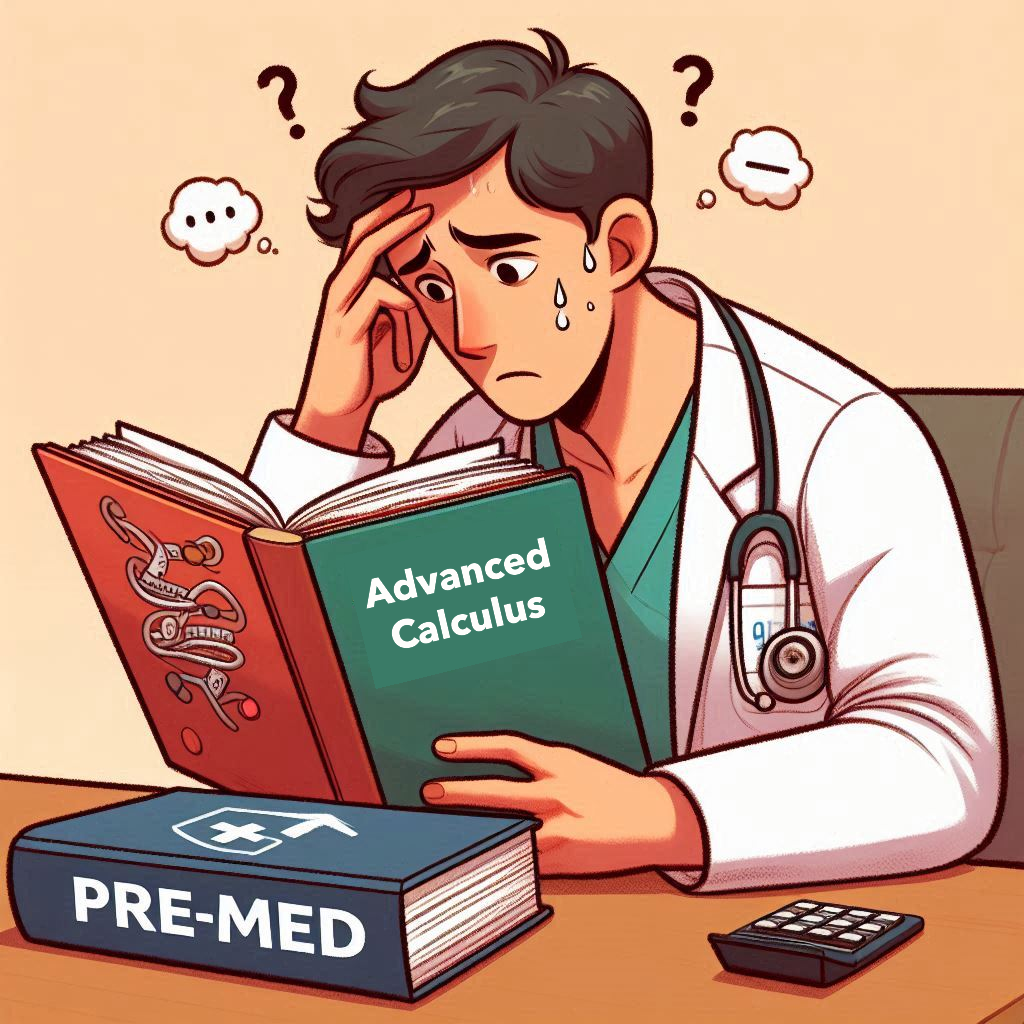Many students take advanced courses despite them not being required for their future major. This trend, driven by peer pressure and a highly competitive academic environment, led to declining grades, increased stress and a rise in anxiety among high school students.
45 percent of high school students enroll in excessively rigorous courses due to competition rather than academic necessity. “I didn’t need to take Honors Biology for my future major, but everyone else in my friend group was doing it,” said senior Prajay Gutti, who plans on majoring in computer science. Gutti commented that the overly competitive academic environment negatively affected his grades in other courses.
The demand for excessive academic rigor is often compounded by the hyper-competitive nature of college admissions. According to an article from the New York Times, many students experience increased levels of anxiety and depression due to the excessive workload required to stand out in college admissions, with little long-term benefit after high school.
“I felt like I had to take AP Physics even though I want to major in medicine,” noted junior Vrayas Pila. “The competition is overwhelming, it makes you feel like you’re falling behind if you don’t take the hardest classes.”
Many students who pursue these difficult courses also struggle to maintain a healthy balance between school, extracurriculars and personal well-being. Over 30 percent of students in unnecessarily advanced classes reported higher levels of anxiety and burnout compared to peers, who were not in these classes. “I saw my friends constantly stressed and pulling all-nighters because of their unnecessary work, and it didn’t seem worth it in the end,” emphasized Gutti.
Educators and counselors also emphasize the importance of selecting courses that align with a student’s major. They support challenging oneself academically, yet they stress this should not come at the cost of the student’s mental health or grades.
Ultimately, the choice to take advanced classes should be based on a student’s academic goals and future career plans rather than competitive pressure and peer influence. Students like Pila and Gutti reinforce the need to consider how the long-term benefits of more manageable courses outweigh the short-term of rigorous classes.









